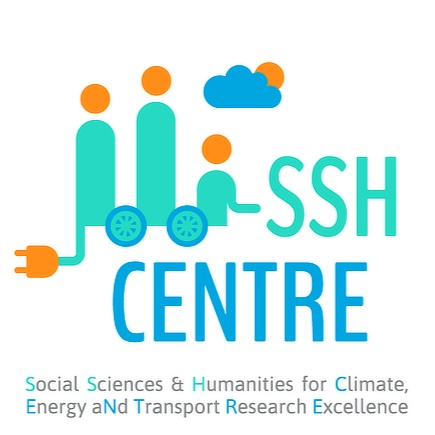The wide-ranging effects of climate change demand great concerted efforts for efficient and fair governance at different scales. In particular, adaptation strategies play a prominent role in governance for climate change at the local, national, and international levels. An illustrative example of the latter is the ‘EU Strategy on Adaptation to Climate Change’. The EU strategy has four main objectives: to make adaptation smarter, faster, more systemic, and to step up international actions for climate resilience. All EU member states are obliged to prepare and implement national adaptation strategies and plans in line with the EU-wide strategy (first drafts in June 2023 and final versions in June 2024).
We identify two important problems with the EU Strategy on Adaptation to Climate Change which, we argue, should be managed with the appropriate integration of local knowledge. First, there is a tension between the necessity for fast adaptation and the challenge of implementing systemic changes, which require slower, more deliberative negotiations and debate. This tension is particularly pertinent for the effective integration of local knowledge into adaptation strategies, which has only recently been acknowledged by the latest IPCC reports and EU climate policies. Second, although all EU member states are obliged to prepare and implement national adaptation strategies, the EU-wide guidelines are not legally binding. Hence, the efficient implementation of national strategies will, for the most part, rely on the actionability of the plans. And as previous studies have noted, reliance on local knowledge (in particular, practices and experiences of local communities) strongly improves the prospects of subsequent policies as well as their actionability and success.
This project brings together research on geological hazards, geoethics, philosophy, sociology, and political science, to identify and assess – from multiple conceptual and methodological perspectives – the existing knowledges and practices that are employed by local communities and stakeholders to adapt to the impact of climate change. More specifically, we explore the impact that the integration of local knowledge in policymaking has on epistemic justice. Basically, epistemic justice comprehends a set of principles that ensure fair and equal representation and participation in processes of knowledge production among diverse stakeholders.
The primary aim of this project is to make a transdisciplinary contribution to policy recommendations that foregrounds the principle of epistemic justice in climate change adaptations at the local level. To substantiate our contribution to this policy recommendation, we design an indicator for the measurement of epistemic justice, specifically for the degree in which locally available knowledges and practices are acknowledged, supported, reinforced, and integrated into local policies (and potentially beyond). Ultimately, this indicator is intended as a starting point for the concretization of EU adaptation strategies into operational programmes and territorial actions. However, we expect this indicator to be a useful tool for adaptation strategies beyond the European context.
The project involves an interdisciplinary research group involing Hernán Bobadilla, Giuseppe di Capua, Chris Hesselbein, Silvia Peppoloni, and Federico Lampis.












